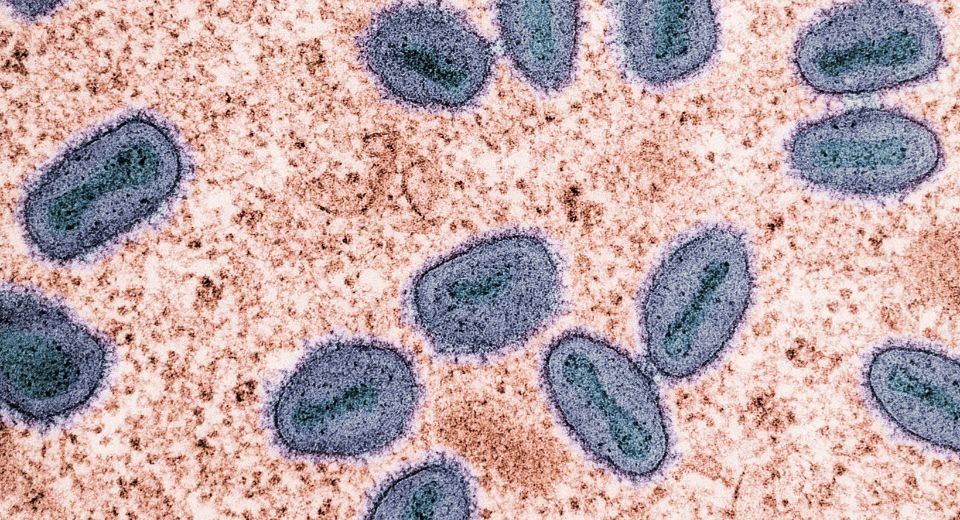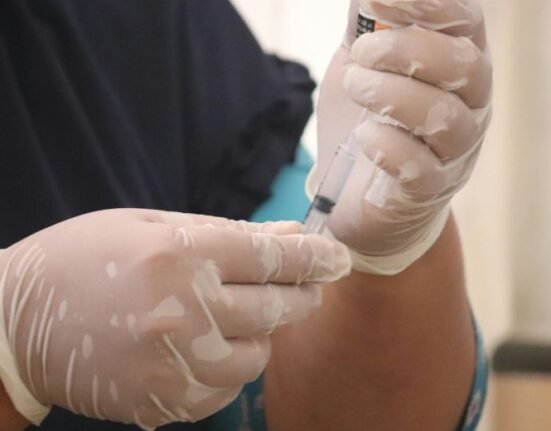HQ Team
November 5, 2024: Britain has detected two cases of Clade Ib mpox, a variant, in household contacts of the first case, taking the total to three since last week, according to the UK Health Security Agency (UKSHA).
“Mpox is very infectious in households with close contact, so it is not unexpected to see further cases within the same household,” said Professor Susan Hopkins, Chief Medical Adviser at UKHSA.
“The overall risk to the UK population remains low. We are working with partners to ensure all contacts of the cases are identified and contacted to reduce the risk of further spread,” she said.
The two patients are under specialist care at Guy’s and St Thomas’ NHS Foundation Trust in London. “The risk to the UK population remains low,” according to the government agency.
Travelled to Africa
Extensive planning has been underway to ensure healthcare professionals are equipped and prepared to respond to any further confirmed cases.
The three cases are being followed up by UKHSA and partner organisations, and they will be offered testing and vaccination “as needed and advised on any necessary further care if they have symptoms or test positive,” according to a UKHSA statement.
On October 30, the UKHSA detected a single confirmed human case of Clade Ib mpox. This variant is different from mpox Clade II which has been circulating at low levels in the UK since 2022, primarily among gay, bisexual and other men-who-have-sex-with-men.
The case was detected in London, using polymerase chain reaction (PCR) testing, and the individual has been transferred to the Royal Free Hospital High Consequence Infectious Diseases unit.
They had recently travelled to countries in Africa that are seeing community cases of Clade Ib mpox.
The UKHSA and NHS did not disclose further details about the individual.
Securing vaccines
The UKHSA and the National Health Service’s main aim was to protect the public and prevent transmission, said Wes Streeting, Health and Social Care Secretary.
“This includes securing vaccines and equipping healthcare professionals with the guidance and tools they need to respond to cases safely. We are also working with our international partners to support affected countries to prevent further outbreaks.”
The UK has an existing stock of mpox vaccines and last month announced further vaccines are being procured to support a routine immunisation programme to provide additional resilience in the UK.
Clade Ib mpox has been widely circulating in the Democratic Republic of Congo in recent months and there have been cases reported in Burundi, Rwanda, Uganda, Kenya, Sweden, India and Germany.
Common symptoms of mpox include a skin rash or pus-filled lesions which can last 2 to 4 weeks. It can also cause fever, headaches, muscle aches, back pain, low energy and swollen lymph nodes.
The infection can be passed on through close person-to-person contact with someone who has the infection or with infected animals and through contact with contaminated materials. Anyone with symptoms should continue to avoid contact with other people while symptoms persist, the government agency said.








